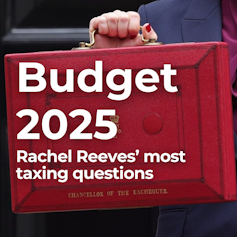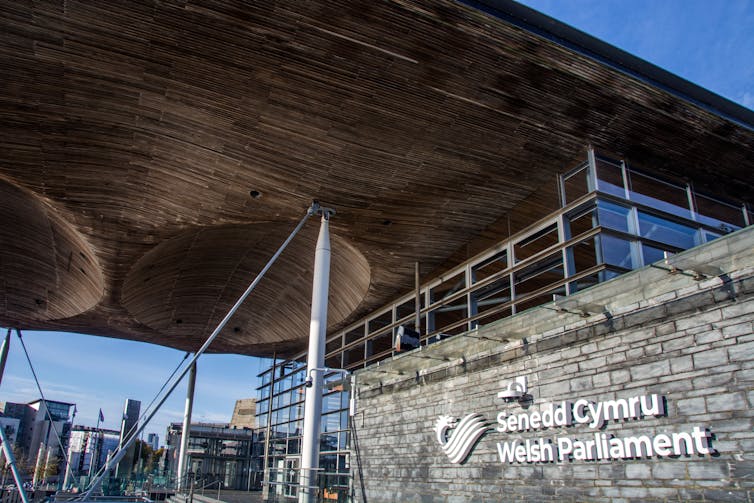Why the UK should look beyond growth to a ‘new economics’ that works for all
- Written by Jasper Kenter, Professorial Research Fellow, Deliberative Ecological Economics, Aberystwyth University
The UK budget is usually a story of growth forecasts, borrowing levels and fiscal discipline. But ahead of this month’s high-stakes event, growth has been slower than expected. At the same time, as households struggle with living costs, the climate crisis intensifies and inequality persists, growth might seem like too narrow a focus.
Conventional economics – with its reliance on GDP growth – cannot respond to the global “polycrisis”[1]. This is[2] the overlap between climate change, biodiversity loss, energy and food insecurity and extreme inequality – all amplified by geopolitical instability.
Recent research[3] my colleagues and I conducted shows that a “new economics” is needed in the face of these challenges. Drawing on hundreds of sources across 38 schools of thought, we distilled ten principles focused on wellbeing, justice and ecological resilience that could offer a way to rethink national economic strategies.
New economic principles are not a luxury that we can ignore at times of fiscal constraint. They are a necessity because orthodox economic thinking has been a key reason for the polycrisis.


And cities like Amsterdam have adopted so-called “doughnut economics”[12] to guide planning. The city set targets for meeting residents’ needs (the inner ring of the “doughnut”) while staying within planetary boundaries (the outer ring). Initiatives include sustainable construction standards, reducing food waste and promoting inclusive housing.
Similar experiments are gathering momentum. The Wellbeing Economy Governments[13] initiative connects countries pursuing post-growth strategies. Costa Rica’s[14] ecosystem-based development, Bhutan’s[15] “gross national happiness” measure, and New Zealand’s[16] living standards framework are all innovative approaches that look beyond GDP growth.
By drawing on the ten principles in the budget and beyond, UK chancellor Rachel Reeves could build on these experiments. This would mean embedding wellbeing, justice and sustainability into her economic strategy.
Ultimately, applying these principles could mean that infrastructure spending could be guided by the limits of the planet. And other investments could support nature recovery, community food systems and the circular economy. Wellbeing and environmental indicators could be a central part of future budgets. And citizen assemblies could give people a voice in the economic decisions that affect them.
These changes would not discard fiscal responsibility. But they would broaden its meaning, making it about sustainability and fairness as well as balance sheets.
Economics is not a neutral science but a set of choices about the future we make possible. Governments could continue with a model that prioritises growth at all costs, leaving people vulnerable to crises and inequality. Or they could be guided by principles that put wellbeing, fairness and ecological resilience at the core.
In the run up to the budget, we should be asking not just how fast our economy can grow, but whether it is helping us to thrive within the planet’s limits.

References
- ^ “polycrisis” (theconversation.com)
- ^ This is (polycrisis.org)
- ^ Recent research (doi.org)
- ^ Sign up for free here (www.lse.ac.uk)
- ^ “rational maximisers” (www.investopedia.com)
- ^ increasingly difficult to attain (theconversation.com)
- ^ ecological (theconversation.com)
- ^ climate crises (theconversation.com)
- ^ Wellbeing of Future Generations Act (www.gov.wales)
- ^ challenges in enforcing it (theconversation.com)
- ^ Steve Travelguide/Shutterstock (www.shutterstock.com)
- ^ “doughnut economics” (doughnuteconomics.org)
- ^ Wellbeing Economy Governments (weall.org)
- ^ Costa Rica’s (www.iied.org)
- ^ Bhutan’s (www.oecd.org)
- ^ New Zealand’s (www.treasury.govt.nz)
- ^ Sign up for free here (www.lse.ac.uk)







